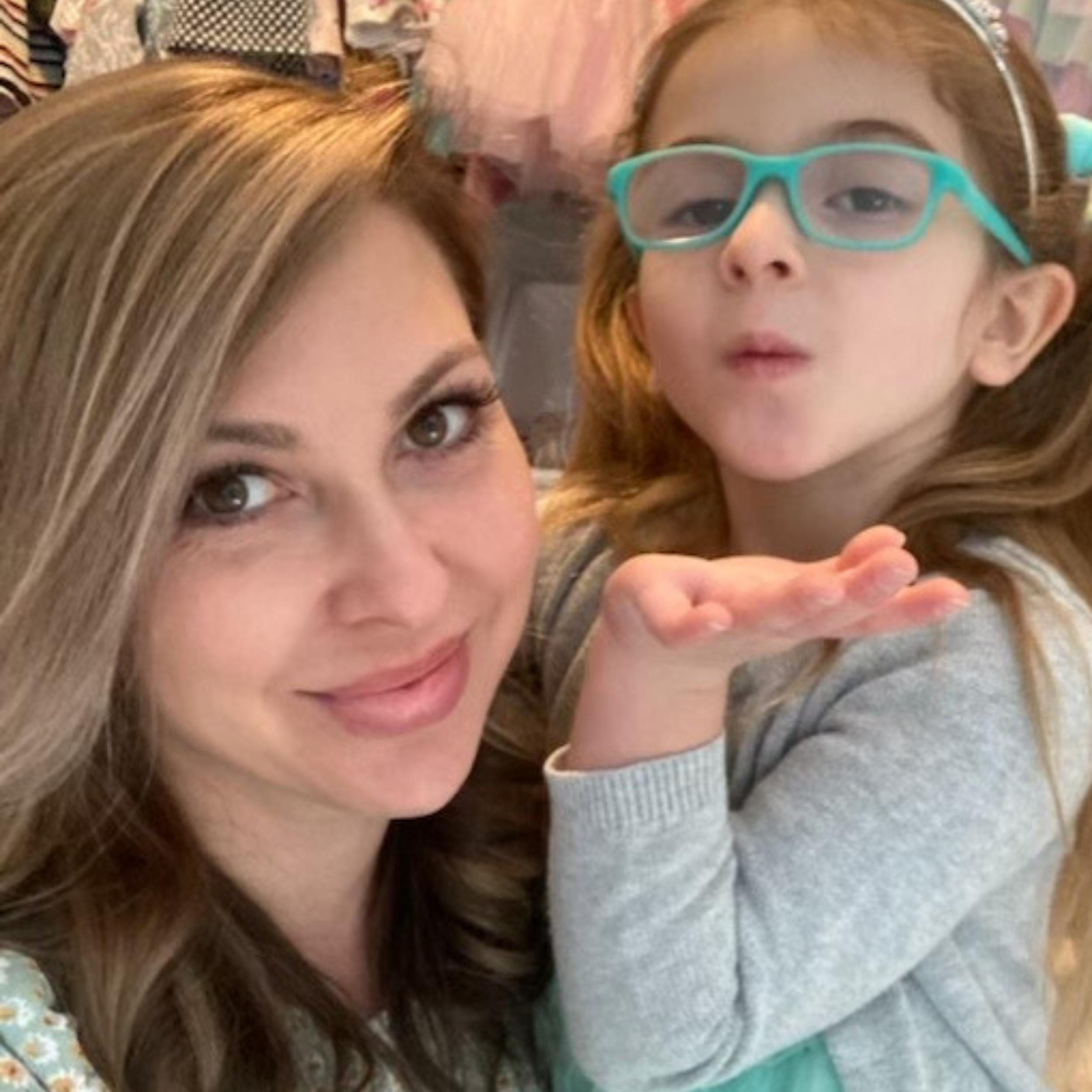The Importance of Learning your Child’s Love Language
What are Love Languages?
The concept of Love Languages was first introduced by Dr. Gary Chapman in his book, "The Five Love Languages". According to Dr. Chapman, there are five ways that we express and receive love: Words of Affirmation, Acts of Service, Receiving Gifts, Quality Time, and Physical Touch. Each person has a primary love language that speaks more deeply to them than the others.
Love Languages in Parenting
As a parent, it’s paramount to understand and speak your child's love language. Like adults, each child expresses and receives love differently. Some children feel loved through Words of Affirmation, where they feel valued when they hear words of appreciation or encouragement. Others may feel loved through Acts of Service, such as parents helping with homework. Receiving Gifts, spending Quality time together, or Physical Touch like hugs and kisses could also be a child's love language.
Importance of Speaking Your Child's Love Language
Speaking your child's love language is fosters their emotional development and allows children to feel loved and understood, develop a sense of security and self-worth, which is important for their growth and development. Conversely, if a child's love language is not spoken, they might not feel loved, leading to insecurity or low self-esteem.
As parents, we need to observe our children closely, listen to what they are saying, and note how they express their love. Using their love language, we allow our children to feel loved, valued, and strengthen the parent-child relationship.


